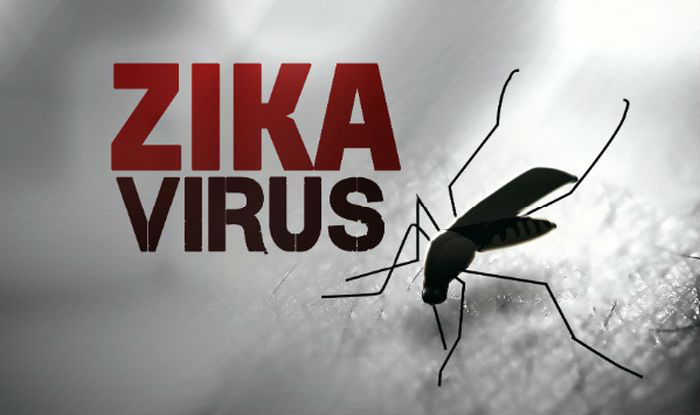Indians vulnerable to zika virus:study

India is vulnerable
to the risk of zika virus transmissions owing to high travel volumes from the
disease affected areas in the Americas, presence of mosquitoes capable of
transmitting the virus and limited health resources, a new study today said.
"Many countries across Africa and Asia-Pacific may be vulnerable to Zika virus outbreaks, with India, China, the Philippines, Indonesia, Nigeria, Vietnam, Pakistan, and Bangladesh expected to be at greatest risk of Zika virus transmission...
"...due to a combination of high travel volumes from Zika affected areas in the Americas, local presence of mosquitoes capable of transmitting zika virus, suitable climatic conditions, large populations or limited health resources," a new study published in The Lancet Infectious Diseases said.
The modeling study said countries with large volumes of travellers arriving from Zika virus-affected areas of the Americas and large populations at risk include India (6,74,22 travellers arriving per year and 1.2 billion residents in potential Zika transmission areas) and China (2,38,415 travellers, 242 million residents).
For Indonesia it was 1,38,65 travellers, 197 million residents, Philippines (35,635 travellers, 70 million residents and Thailand (29,241 travellers, 59 million residents)
India, Philippines,
Indonesia, Nigeria, Vietnam, Pakistan, and Bangladesh might be most vulnerable
to impact because of their limited per capita health resources, the study said.
"An estimated 2.6 billion people live in areas of Africa and Asia-Pacific where the local mosquito species and suitable climatic conditions mean that local zika virus transmission is theoretically possible.
"However, there are still many unknowns about the virus and how it spreads, including which local species of mosquito are most capable of transmitting the virus, and whether immunity exists in areas that have previously reported cases of Zika virus.
"The impact on populations will also depend heavily on the country's ability to diagnose and respond to a possible outbreak," said study author Kamran Khan, St Michael's Hospital, Toronto, Canada.
style="margin-bottom: 0.0001pt; text-align: justify;">The study comes after
thirteen Indians were tested positive for Zika virus in Singapore and are
undergoing treatment in the city-state which is grappling with rising number of
the mosquito-borne disease.
Khan said warmer temperatures in the northern hemisphere (where mosquitoes are more active) increase the risk of new outbreaks appearing outside of the Americas.
"The potential for epidemics to occur in parts of Africa and the Asia-Pacific region is particularly concerning given that the vast numbers of people who could be exposed to Zika virus are living in environments where health and human resources to prevent, detect, and respond to epidemics are limited.
"Our findings could offer valuable information to support time-sensitive public health decision-making at local, national and international levels," he said.
The research team, which included scientists from the London School of Hygiene and Tropical Medicine, Oxford University (UK) and the University of Toronto (Canada), established the ecological niche for Zika virus in the Americas.
At the time of the analysis, local transmission of Zika virus had been confirmed in 40 countries in Central and South America and the Caribbean. The researchers then gathered data on airline ticket sales from all 689 cities with one or more airports in the region travelling to Africa or Asia-Pacific over a whole year (Dec 2014 to Nov 2015).
The team also mapped the monthly volume of travellers arriving into Africa and Asia-Pacific in order to identify countries at greatest risk of Zika virus importation."While the analysis emphasises the potential for human infection via mosquitoes, sexual transmission of Zika virus infection is now well documented.
"The authors say that travellers returning from affected areas would benefit from health education to prevent sexual transmission," the study said.
The authors note that the health consequences of imported Zika virus will depend on local ability to diagnose and respond to a possible outbreak, but will also depend on possible underlying levels of immunity to Zika virus.
AIMIM News
Latest Urdu News
Most Viewed
Do you think Canada-India relations will improve under New PM Mark Carney?






























